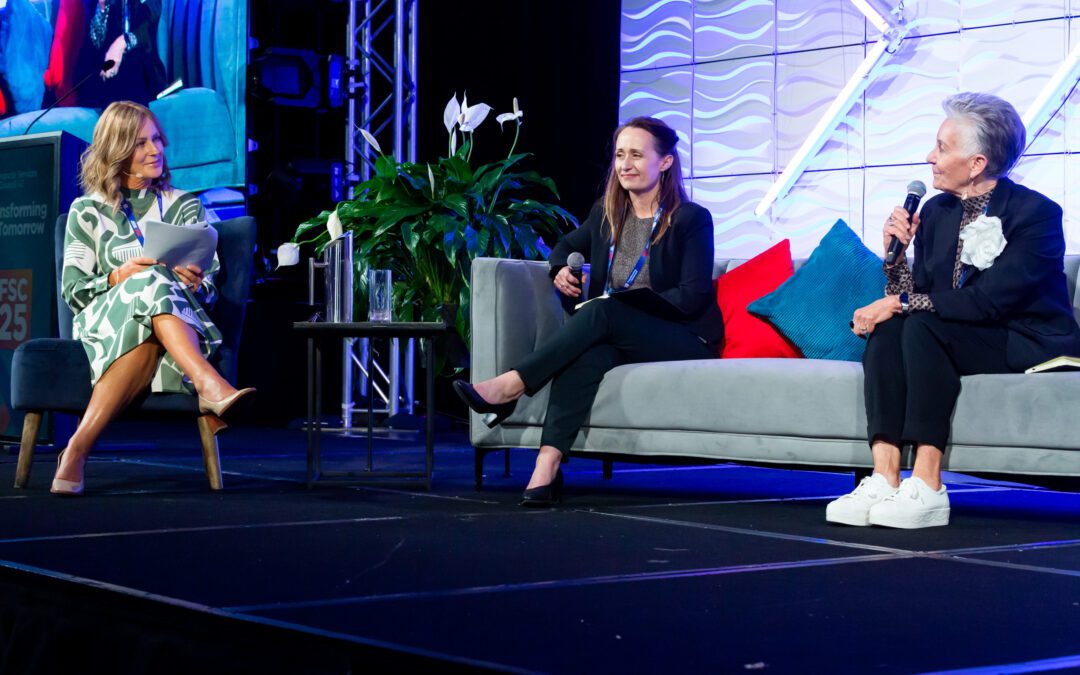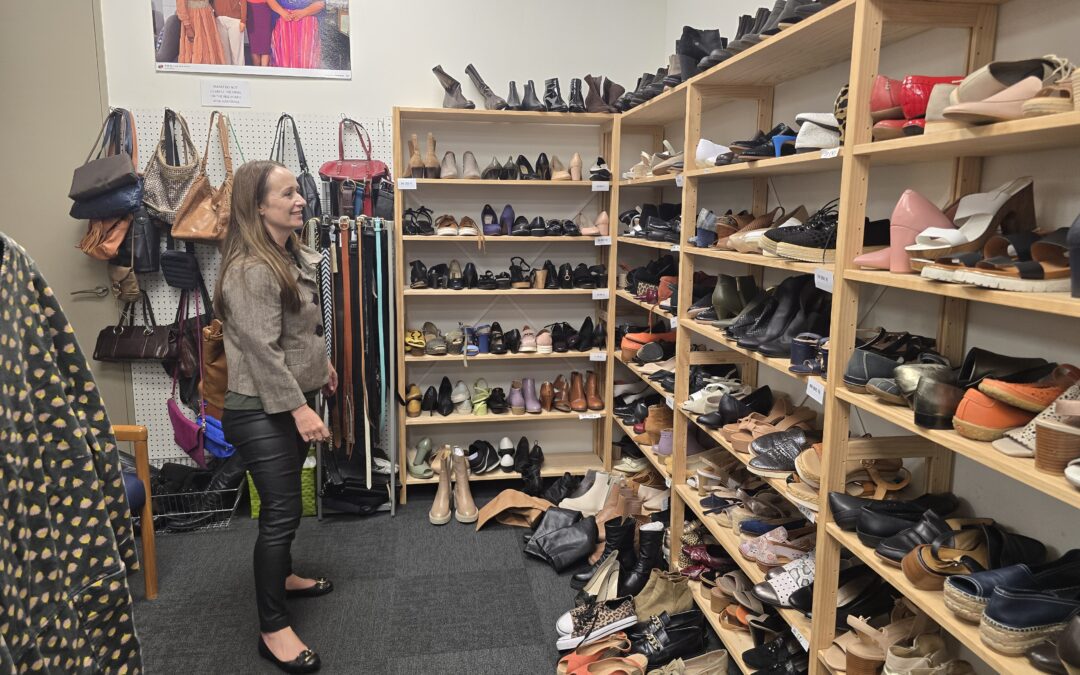Depending on who you believe we could be in a recession, or just something that feels like a recession, and we’ll scrape by, by the seat of our pants, and manage to avoid a recession altogether.
Regardless of whether we’re in a recession or not, many Kiwis are feeling the financial pinch of high inflation (currently sitting at 7.3%) and the Reserve bank of NZ’s tactic of hiking the OCR to try and get it back under control to a more reasonable 2-3%.
While that David battles its Goliath, the rest of us are seeing our expenses grow and our discretionary spending dwindle. We’re trying to figure out what the best course of action is today to protect our money for whatever the future may bring.
And, there are plenty of us taking a rather protective approach. A recent report released by the FSC shows that Kiwis’ appetite for risk is waning and we’re investing in assets that protect our wealth, rather than grow it.
Similarly, research from KiwiWealth shows people are moving their money into savings accounts at the expense of investing in shares and ETFs. And while savings accounts can certainly feel ‘safe’ the interest you earn from a bank is never a match for inflation. So the value of your savings is dwindling, even if the number in the bank isn’t.
The cost of inaction
While being on the conservative side could* be a solid strategy if you’re due to retire, and you desperately need your money to not reduce further in value, for most of us being conservative today will come at a cost later down the track.
For example, in 2021 74% of mortgages taken out by first home buyers came with a 30-year term. During those 30 years, you’re paying back the absolute minimum possible on that loan – and effectively paying the maximum amount of interest possible – based on your mortgage interest rates.
When you then consider that the average age of first home buyers in New Zealand is 35, these first home buyers won’t be mortgage-free until they’re at retirement’s doorstep. Which means they could miss out on several crucial wealth-growing years while they’re mortgage free and still earning a full salary. By getting mortgage-free faster you can not only save yourself thousands in interest but unlock opportunities for growing wealth.
Just by increasing their weekly or fortnightly repayments, they could reduce the term of their mortgage and save on the interest they’ll need to pay,
Similarly, by not exploring your investment options and just leaving your money in the bank, you’re missing out on potential returns. Unless you need that money in the next couple of years, investing your money in well-researched, diverse options, (which could include property and investment funds through the stock market) is as safe to do during a recession – or something that feels like one – as it is at any other time when backed by a solid strategy.
Why? Markets go up, markets come down, markets recover. Every single time. Even Asgard rose again in the wake of Ragnarök.
Investing $100 per month into a growth fund – which currently has a return of 5.97% – could see you have $13,363 in five years’ time. If you put that money into a savings account instead – at a generous interest rate of 1.8%, you’d only have $10,932.**
So how do I prevent this cost of inaction?
The best way to avoid the cost of inaction is to dig deep into your financial situation and understand what options are available to you.
- Do you have surplus cash that you could put towards your mortgage so you can be mortgage free faster?
- Do you have surplus cash that you could put into an investment?
- If you don’t have a cash surplus to work with right now – could you build one (by spending less or earning more?)
- Could you use the equity you have in your home to purchase an investment property?

*This is not financial advice. Whether this is the right approach for you will depend on your personal financial situation. If you want to find out what your best course of action is, please book in a session with an enable.me financial coach. Costs apply.
** These figures are estimates and cannot be guaranteed. Returns based on 5-year data after fees and taxes have been taken out on a growth fund as per data from Sorted. You may experience different returns on your investment during the investment period.


